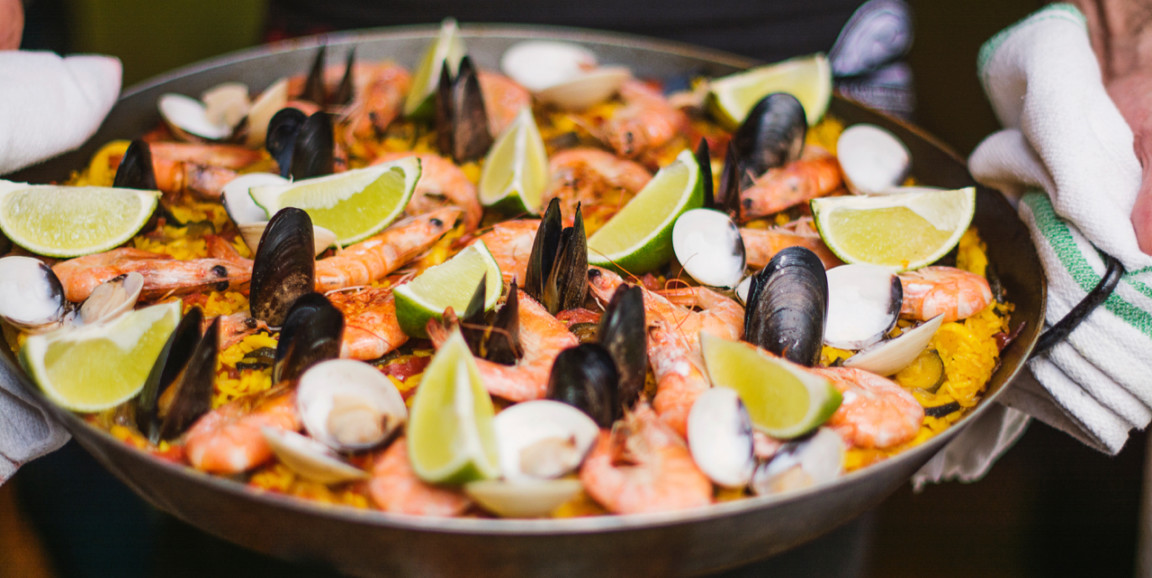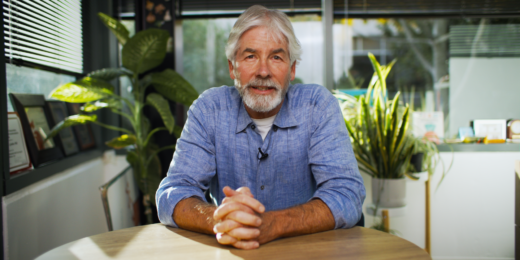When Stanford professor Russ Altman, MD, PhD, was in his 20s, he began to suspect he had developed an allergy to shellfish. After a seafood meal, his face was red, he was wheezing, his nose ran and his eyes watered.
Altman, who had happy childhood memories of his grandfather hosting lobster feasts for his family, was devastated when allergy testing confirmed his suspicions: He was particularly allergic to shrimp, crab and lobster. His doctors gave him strict instructions to avoid all three, which he did for decades. He also joked to friends and family that, once he was old and on the brink of death, he'd eat a big plate of lobster for his last meal.
But then something changed: Altman talked with Stanford food allergy expert Kari Nadeau, MD, PhD, who said she could help. Nadeau suggested that Altman undergo oral immunotherapy, a food allergy treatment that she and her team at the Sean N. Parker Center for Allergy & Asthma Research have studied extensively in several clinical trials.
Recently, Altman interviewed Nadeau on his Stanford podcast, The Future of Everything. He told the story of his food allergy, and Nadeau explained the latest science on allergy prevention and treatment, the difference between a food allergy and a food sensitivity, and how wildfires and climate change are worsening asthma and possibly food allergies as well.
One interesting part of their wide-ranging conversation came when Nadeau delved into how our understanding of allergy prevention has advanced. "Over the past five years, around the globe, there have been a lot of randomized clinical trials now and we actually have the knowledge to think about how to prevent [allergies], which is fantastic."
Nadeau also explained the field's history: Starting around 2000, parents were advised to hold off on introducing babies to foods that tended to cause allergies -- but countries where this advice was followed had big increases in their allergy rates. Recent clinical trials showed that a different approach is better. Experts now recommend "Three Ds" of food allergy prevention: avoiding dry skin, since allergens that breach the skin barrier can trigger allergies; diversifying the diet with a variety of food proteins from an early age; and getting some "good dirt" such as probiotics and fiber that will help establish a community of healthy microbes in the gut.
As Altman related, his allergy story has a happy ending. After 30 years of being unable to eat crab, shrimp and lobster, Nadeau's team successfully desensitized him to his food allergens. He now eats his favorite fish regularly, including seafood paella for every birthday.
Photo by Kaitlin Dowis




